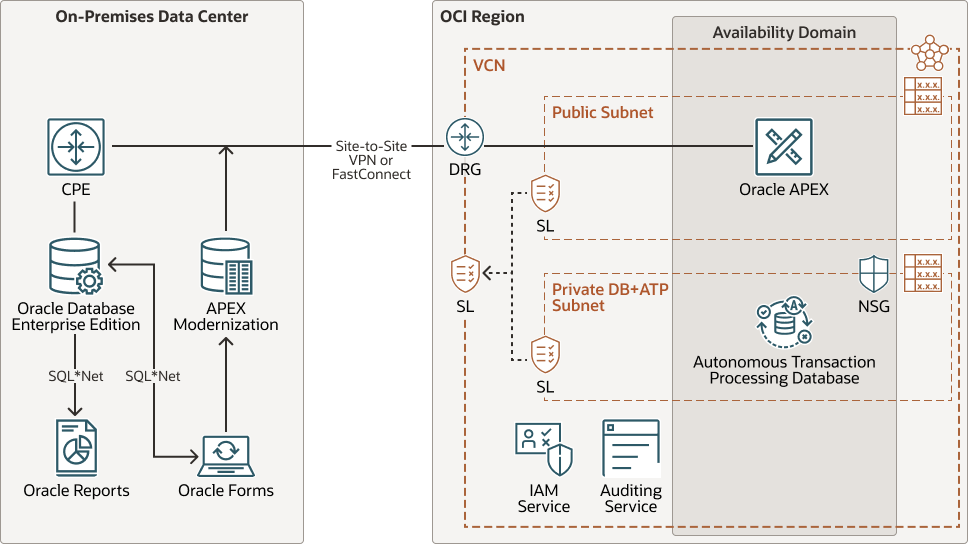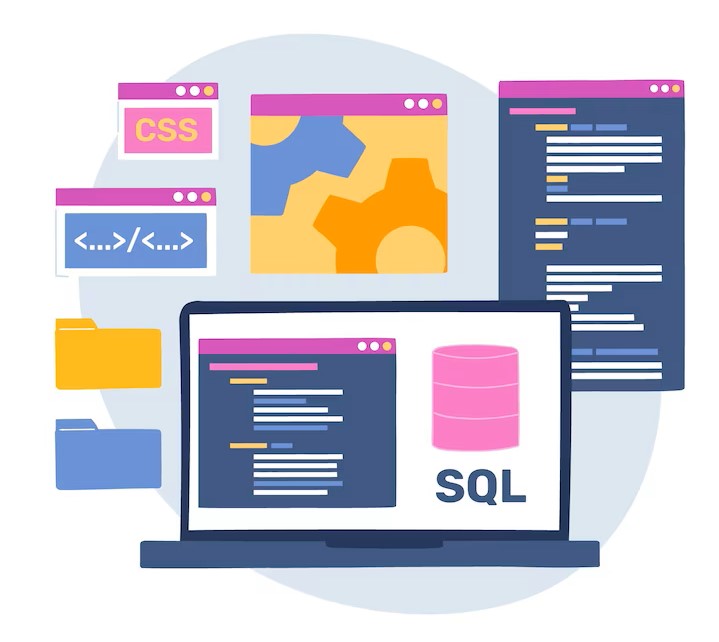How to Use PL/SQL to Add Power and Flexibility to Your Oracle APEX Applications
In the realm of web development, Oracle APEX (Application Express) stands out as a versatile platform for building data-centric applications. Combining the capabilities of APEX with the procedural power of PL/SQL can take your application development to a whole new level. In this article, we’ll delve into the synergy between Oracle APEX and PL/SQL and guide you through the process of creating dynamic, robust applications that leverage the best of both worlds.
The APEX and PL/SQL Synergy: Oracle APEX is renowned for its rapid application development capabilities, allowing developers to create web applications with ease. PL/SQL, on the other hand, is a procedural language optimized for database operations. Integrating PL/SQL within APEX opens the door to building applications that interact seamlessly with the database, perform complex operations, and maintain data integrity.
10 Best Apps for Android Oreo: Improve Your Phone with These Apps
Benefits of Using PL/SQL with Oracle APEX:
- Data Manipulation: PL/SQL enables you to create custom logic to manipulate data directly within your APEX applications.
- Business Logic: By embedding PL/SQL code in APEX applications, you can implement business rules, validations, and calculations specific to your application’s requirements.
- Enhanced Performance: Leveraging PL/SQL can optimize database interactions, minimizing round-trips between the application and the database for improved performance.
Integrating PL/SQL with Oracle APEX: Step by Step:
- Understanding Triggers: APEX provides triggers that allow you to execute PL/SQL code at specific points during application processing. Explore the available trigger points and their purposes.
- Writing PL/SQL Code: Develop PL/SQL code to handle specific tasks within your application. This could include data validation, data transformation, or custom business logic.
- Utilizing Dynamic Actions: APEX’s dynamic actions provide a powerful way to trigger PL/SQL code based on user interactions, like button clicks or page load events.
- Creating Custom Processes: For more complex operations, create custom PL/SQL processes within APEX. These processes can handle tasks that involve multiple steps or require conditional logic.
- Exception Handling: Implement robust error handling within your PL/SQL code to ensure graceful handling of unexpected situations and maintain application stability.
Real-World Application: Building an Interactive Dashboard: As an example, consider building an interactive dashboard using APEX, where PL/SQL can be used to retrieve and manipulate data, generate real-time analytics, and provide users with insightful visualizations.
Combining the agility of Oracle APEX with the procedural might of PL/SQL opens the door to creating dynamic, feature-rich applications that seamlessly interact with databases and deliver optimal user experiences. Embrace the possibilities of this synergy, and watch your applications come to life with enhanced functionality, performance, and business logic. Elevate your application development game by harnessing the potential of PL/SQL within Oracle APEX.












